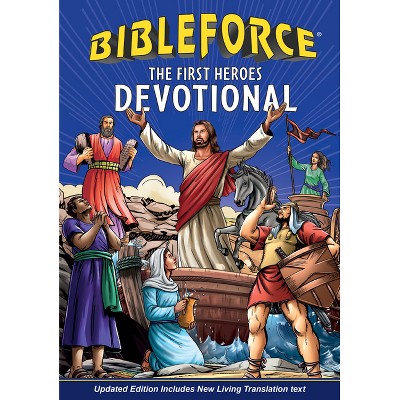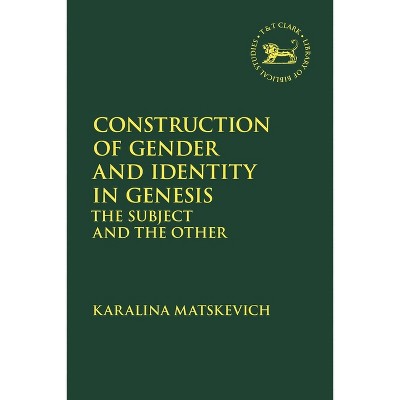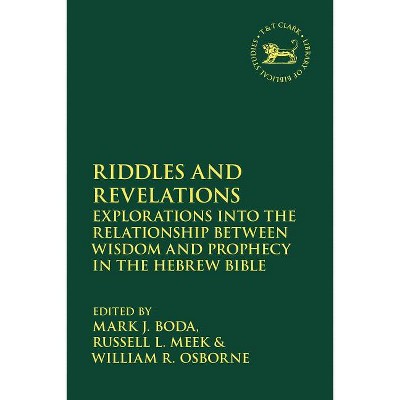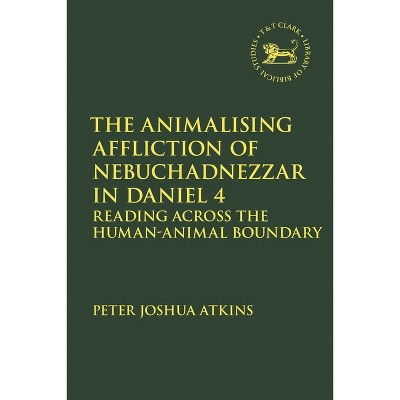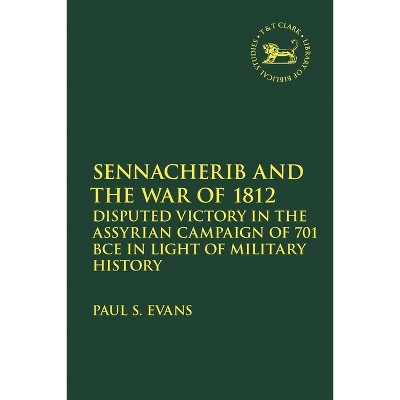Sponsored

The Book of Kings and Exilic Identity - (Library of Hebrew Bible/Old Testament Studies) by Nathan Lovell (Paperback)
In Stock
Sponsored
About this item
Highlights
- Nathan Lovell proposes that 1 and 2 Kings might be read as a work of written history, produced with the explicit purpose of shaping the communal identity of its first readers in the Babylonian exile.
- About the Author: Nathan Lovell is Director of Postgraduate Studies at George Whitefield College, South Africa.
- 328 Pages
- Religion + Beliefs, Biblical Studies
- Series Name: Library of Hebrew Bible/Old Testament Studies
Description
Book Synopsis
Nathan Lovell proposes that 1 and 2 Kings might be read as a work of written history, produced with the explicit purpose of shaping the communal identity of its first readers in the Babylonian exile. By drawing on sociological approaches to the role historiography plays in the construction of political identity, Lovell argues the book of Kings is intended to reconstruct a sense of Israelite identity in the context of these losses, and that the book of Kings moves beyond providing a reason for the exile in Israel's history, and beyond even connecting its exilic audience to that history.
The book recalls the past in order to demonstrate what it means to be Israel in the (exilic) present, and to encourage hope for the Israelite nation in the future. After developing a reading strategy for 1-2 Kings that treats the book as a coherent narrative, Lovell examines the construction of Israelite identity within Kings under the headings of covenant, nationhood, land, and rule. In each case he suggests that the narrative of the book creates room for a genuine but temporary expression of Israelite identity in exile: genuine to show that it remains possible for Israel to be Yahweh's people during the exile, but temporary to encourage hope for a future restoration.
Review Quotes
The Book of Kings and Exilic Identity is an outstanding overview of 1-2 Kings which gives new students of Kings an excellent framework from which to work and challenges experienced scholars to consider the biblical text anew. The themes investigated are illuminating and do originate in the text itself. As noted, the major contribution is Lovell's description of the text's narrative arrangement. So convincing is his presentation that future studies on Kings will need to engage with Lovell's structural observations or find their arguments lacking.
Reviews of Biblical and Early Christian Studies
About the Author
Nathan Lovell is Director of Postgraduate Studies at George Whitefield College, South Africa.Shipping details
Return details
Frequently bought together


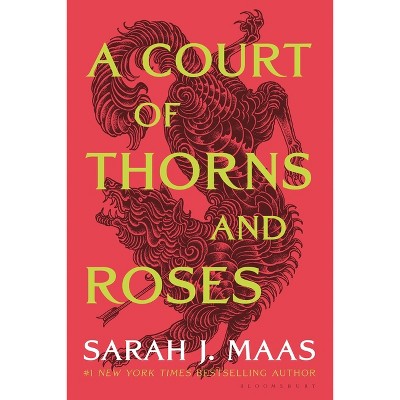
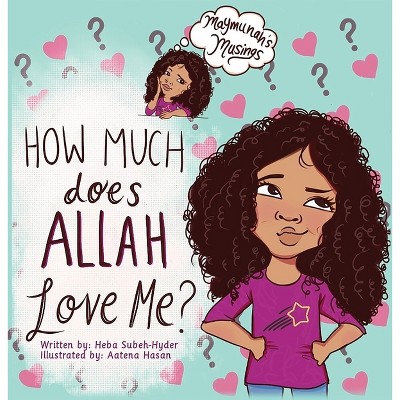

Trending Non-Fiction






